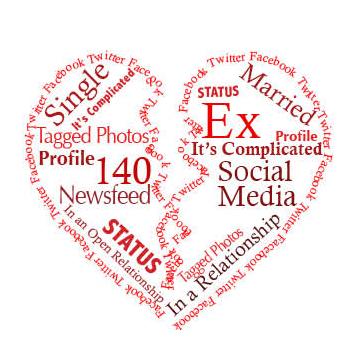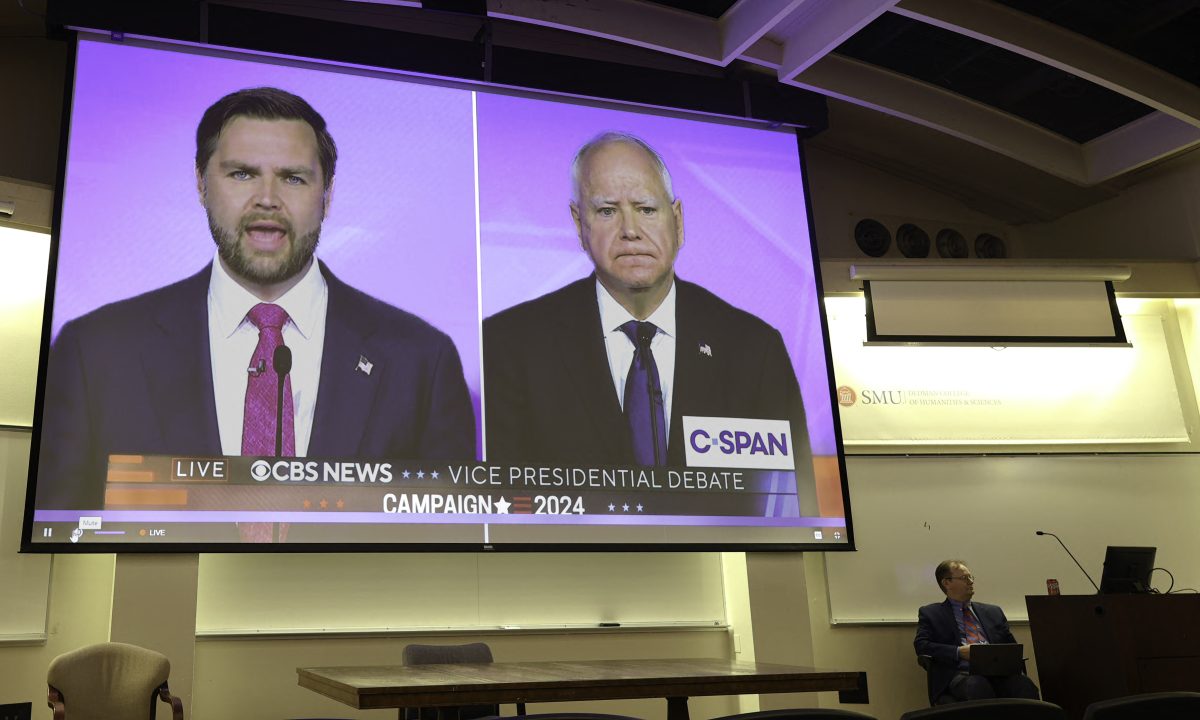
Before the days of newfeeds, Twitter-feeds, tweets and statuses, breaking up was easy. You just stopped answering their calls, put all of their stuff in a box and stuck it on their porch (or perhaps, in the garbage). Now, constant reminders of the life you aren’t a part of make getting over your ex almost impossible.
YourTango.com, a website on relationships and dating, released a series of survey results detailing how the social networking scene has affected relationships. Seventy-four percent of people look up their ex on the Internet, 86 percent admit to clicking through photos of them (14 percent of those people are married) and 50 percent called, texted, emailed or IMed an ex when that probably wasn’t the most advisable move. Arguably because of all of this mess, 71 percent say that they think about their ex too much.
To solve this, YourTango.com even called a “Break up with your ex” day yesterday, making the day before Valentine’s Day the day to purge your Facebook of former flames, delete those pesky exes from your cell and stop tracking their daily movements on FourSquare and Twitter. And once you accomplished all of these things, YourTango even provided an “I broke up with my ex!” badge you could post on your Facebook wall.
So, in this new world of throwing all of your personal details on the Internet for the world to see, how hard is it to “break up with your ex,” and is that even the right thing to do?
Daniel Windham, a junior mechanical engineering major, says no. He and his high school sweet heart broke up last year after almost three years of dating. He said that “unfriending” would probably cause more harm than necessary, and while it’s hard to see them every day, there are other options.
“At the beginning it was difficult to get away from her day to day life that I wanted to comment on and know about, and eventually I just had to get her off of my Facebook,” Windham said. “I didn’t unfriend her, but I made sure she didn’t show up on my wall anymore and I took her off my phone.”
Windham said that once the constant notifications stopped, it was easier to move on. Though he still saw her on mutual friends lists and other friends’ profiles, which, he admits, wasn’t easy but was probably less of a hassle than having to deal with questions as to why he deleted her off his friend list.
Jeff McBride, a freshman, agrees with Windham and said that if he deleted his former girlfriend of five months, it “would have been out of anger and would have been petty.”
He said that Facebook actually provided an informal way for them to communicate, and allowed him to avoid awkward face-to-face interactions with her. Though he did admit that Facebook made it harder to get over her, he said he simply “didn’t need” a day to break up with his ex.
But Marcy Harsaran, a junior biology major at the Texas Women’s University, disagrees with Windham and McBride. She said that she created a “break up with an ex day” of your own when she found that Facebook was making it impossible for her to get over her former girlfriend of two years.
“The internet in general, I think, prolonged closure on my relationship for about four years,” Harsaran said. “It actually took getting the balls to delete her off of my Facebook to get everything over with. There’s that deciding moment where you’re hovering over the ‘delete friend’ button, and you have to stop caring whether or not they’re hurt by it.”
She said that finally getting up the courage to hit that “delete friend button” was the “final step” in getting over her ex, and she encourages others who are having problems like she did to do the same.
Ben Voth, chair of communication studies at SMU, said that communication technology like Facebook and Twitter “clearly increase our ability to monitor other people and it tends to reduce our reaction times in communication.”
He said that this reduced reaction time does heighten the risk of damaging relationships, and perhaps getting over an ex.
“Most people recognize that impulses often lead to poor decision outcomes and these communication technologies can and do accelerate this possibility,” Voth said, who noted that some churches have even gone as far as banning facebook for members in an effort to reduce the failure of marriages and stable relationships.
But Voth said that technology “does not have any intrinsic moral character.”
While it might be the new fad to delete your exes or for churches to ban their members from having Facebook profiles, he said that they aren’t necessarily “bad” tools for communication.








